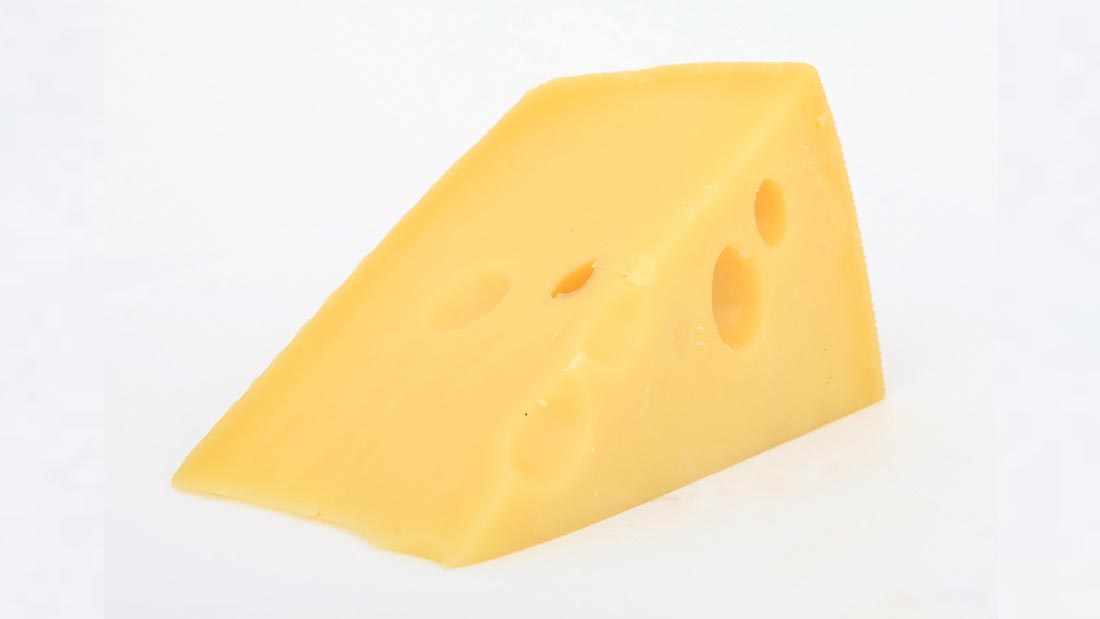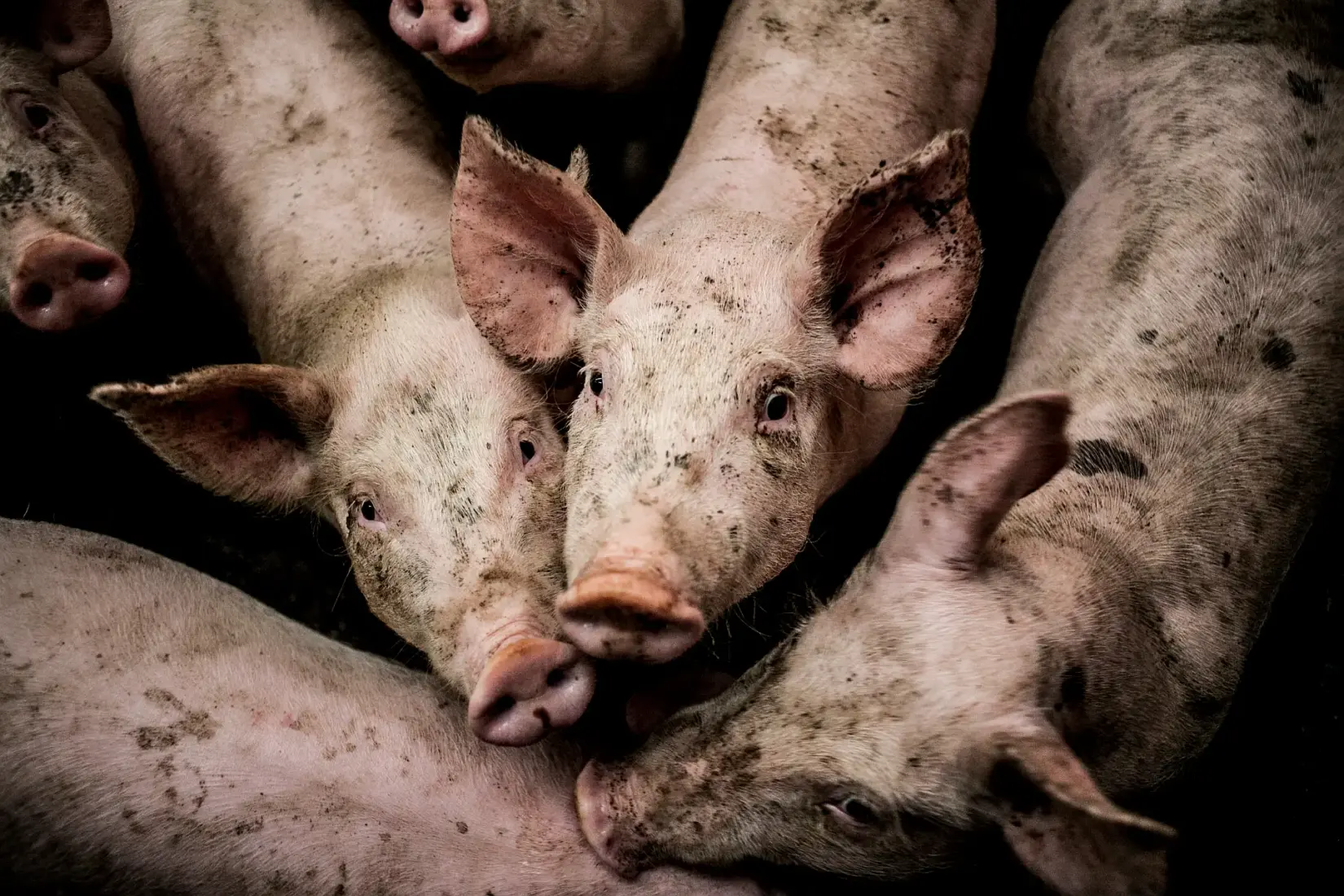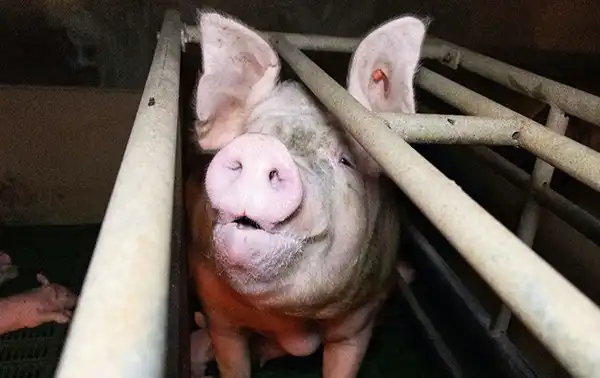Cheese and heart disease

This week the headlines say: ‘Eating cheese does not raise risk of heart attack or stroke’. This review of 29 studies, funded by the Global Dairy Platform, Dairy Research Institute and Dairy Australia, concluded that dairy foods (milk and yogurt) don’t increase the risk of early death, heart disease or stroke. This contradicts a huge body of evidence showing that dairy foods do increase the risk of heart disease and stroke.
This feels like a last-ditch attempt from a dying industry to drum up trade. It smacks of desperation. The dairy industry is going down – sales of plant-based milks are booming and the British public aren’t buying it any more. Saturated fat (found in high levels in butter, cheese and full-fat milk) does increase the risk of heart disease and Public Health England are not budging.
In 2016, Public Health England’s new Eatwell Guide recommended people halve their dairy intake and eat less meat, replacing it with beans and pulses. This is erring on the side of caution as we clearly have no need to eat any dairy foods but it shows that the government recognise the damage dairy foods do to our health.
It’s tiresome that these dairy-funded studies get so much attention, no wonder people are confused. Add to that the poor-quality reporting: the Guardian article says “Saturated fat is a vital part of diet”. That is wrong; we have no dietary requirement for saturated fat at all! We do need polyunsaturated essential fatty acids – the clue is in the name. We can get these in abundance from plant foods.
Embedded in the article is a link to a study last year that showed that those who eat more saturated fat have a higher risk of an early death. This study, from the Harvard School of Public Health, followed 126,000 people for 30 years to assess the impact of diet on health. It is one of the most detailed and powerful examinations to date of the effects of eating different types of fats. There are plenty more studies like this showing how dairy foods harm health.
Cholesterol rates in the UK are among the highest in the world. High levels are caused by saturated fat, trans fat and animal protein from meat, eggs and dairy products. All reputable health bodies recommend eating less of these and more foods containing unsaturated fats such as avocados, nuts, seeds, plant-based oils such as olive oil and spreads. Isn’t it about time we started demanding the truth from scientists and journalists, after all, it is a matter of life and death.
If you care to see it – here is the conflict of interest declaration for this new study:
SSSM received funding from the Global Dairy Platform, Dairy Research Institute and Dairy Australia for a meta-analysis on cheese and blood lipids (2012) and this meta-analysis of dairy and mortality (2015). SSSM has also received the Wiebe Visser International Dairy Nutrition Prize from the Dutch Dairy Association’s (NZO) Utrecht Group. AA is recipient of research grants from Arla Foods, DK; Danish Dairy Research Foundation; Global Dairy Platform; Danish Agriculture and Food Council; GEIE European Milk Forum, France. He is member of advisory boards for Dutch Beer Knowledge Institute, NL; IKEA, SV; Lucozade Ribena Suntory Ltd, UK; McCain Foods Limited, USA; McDonald’s, USA; Weight Watchers, USA. He is consultant for Nestlé Research Center, Switzerland; Nongfu Spring Water, China. Astrup receives honoraria as Associate Editor of American Journal of Clinical Nutrition, and for membership of the Editorial Boards of Annals of Nutrition and of Metabolism and Annual Review of Nutrition. He is recipient of travel expenses and/or modest honoraria (<$2000) for lectures given at meetings supported by corporate sponsors. He received financial support from dairy organizations for attendance at the Eurofed Lipids Congress (2014) in France and the meeting of The Federation of European Nutrition Societies (2015) in Germany; DIG and JG received funding from the Global Dairy Platform, DIG and JAL have received funding from The Dairy Council and AHDB Dairy for dietary pattern analysis of diets defined by dairy food content (2012-2015).

If you’re craving cheese, why not make this delicious, healthy cashew cheddar cheese?
And for other cheese-free yet cheese-based recipes such as cheesecake or quiche, see our Vegan Recipe Club ‘cheese’ pages.




